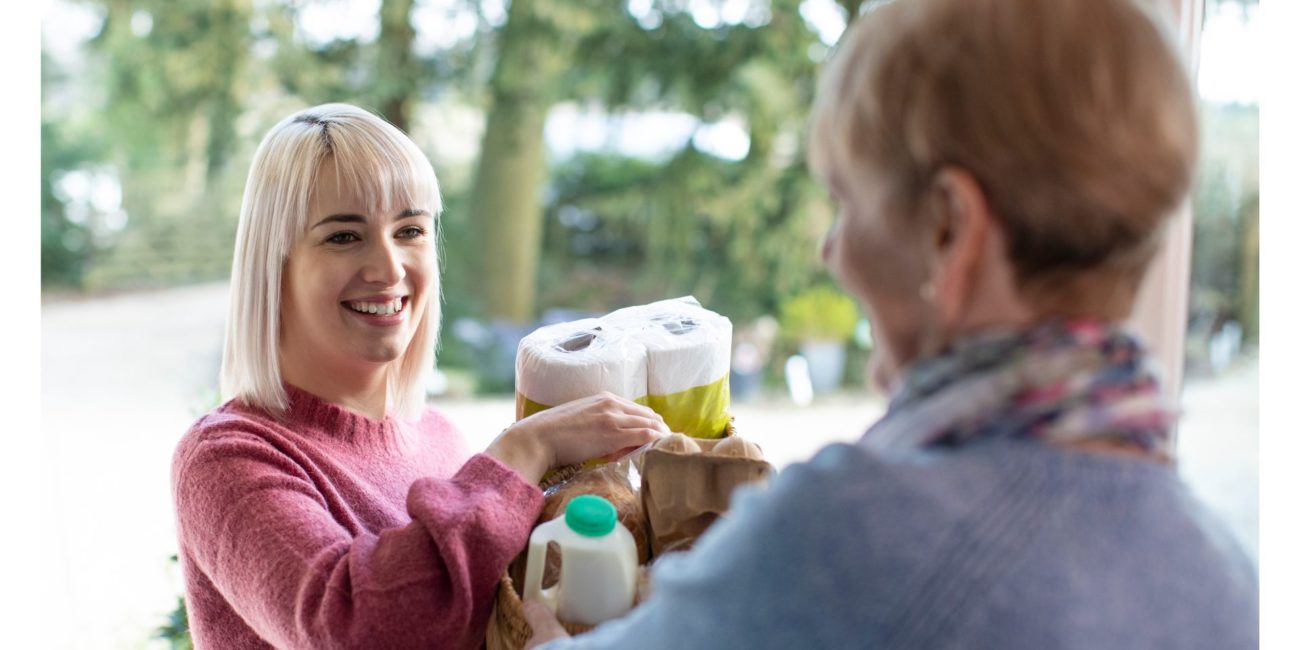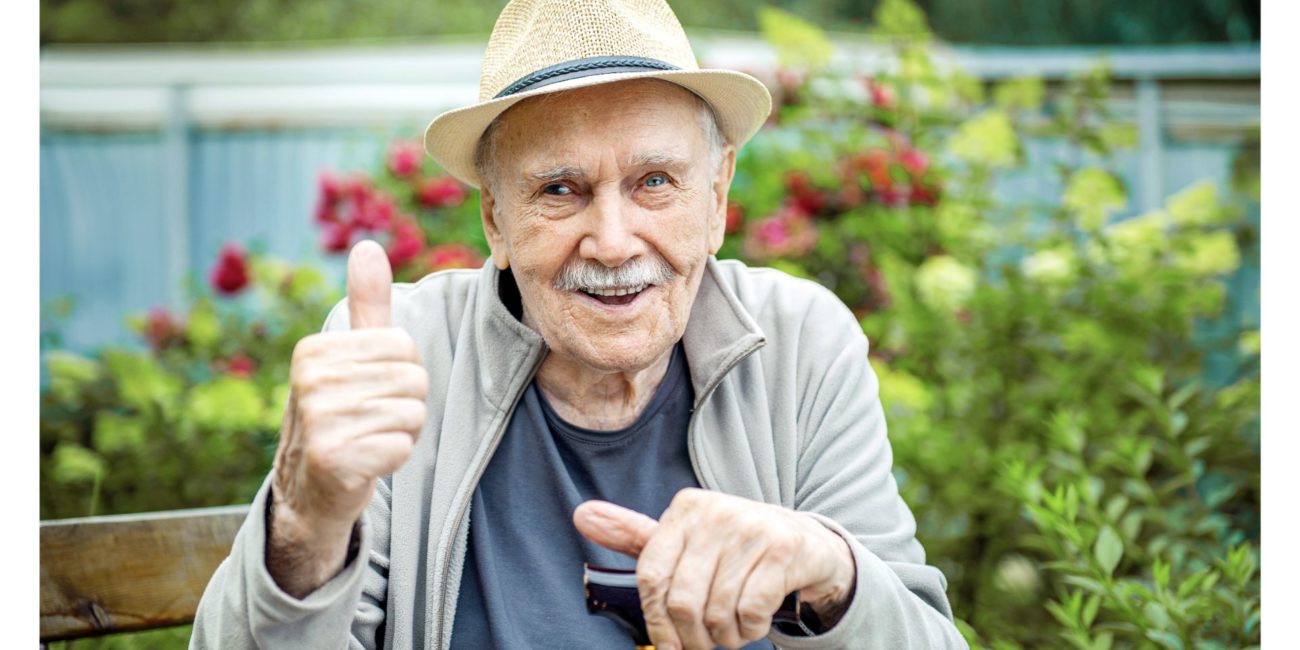As our loved ones enter a new season in life, some changes will affect their daily life, and some will affect ours. It is normal to feel apprehensive and be unsure about changes, especially ones that will affect our time and finances.
No matter how much we care for our loved ones, there will be times where we may struggle in the new role and responsibilities we have. Sometimes feelings of resentment, apprehension, or frustration can boomerang into guilt.
Ultimately, the burden of guilt will only make our job much harder. Let’s review some sources of caregiver guilt and ways to overcome them.


When We Don't Want to Be Caregivers
Despite what we have heard or read, there is more than one way to care well for an aging adult. Many families opt for a child or close family member to take the leadership role in caregiving, but there are multiple other options. If family responsibilities, children, or finances mean that caretaking is not a reasonable addition to your life it is ok to consider other options:
Ask Other Family Members for Help
Are there other family members or siblings that can take on that leadership role? We often default to the geographically closest child of the aging parent to the key caregiver. However, consider spliting responsibilities with other children that can be done remotely, such as paying bills or ordering grocery delivery.
Hire Outside Help
If this is feasible financial, there is no shame in hiring caretaking help. Medicare may cover some expenses as well. Consider having this conversation first with a loved one. Make sure they understand the need for outside help and bring them into the hiring process.
Professional caretaking assistance ranges from full-time or live-in options to quick hourly check-ins a few hours a week. Meals on Wheels can deliver free or low cost meals and provide a daily point of contact. Religious organizations are also available to help with transportation, check-ins, or household repairs. Find someone who fits the needs and budget and someone with which a loved one feels comfortable. Often parents fight outside help but learn to depend on and enjoy the company of paid caregivers.
Mix Solutions
Many families find success in their caregiving journey when they combine several strategies. This success helps prevent caregiver burnout and guilt. Perhaps a combination of multiple siblings rotating care is necessary. Check online software that allows you to split and manage daily caregiving duties. Maybe you, your spouse, and a part-time hired hand can share caretaking duties. Explore options that still honor a loved one well without forcing you into a role you are not prepared to take.


What If We Make Decisions They Don't Like?
Perhaps the greatest source of caregiver guilt begins when we must make a decision against our loved ones’ preference. Perhaps we feel guilt for putting a parent in an assisted living environment against their will or hiring an at-home nurse when we feel medically overwhelmed with their needs. These decisions are bound to come. It is an inevitable part of most aging journeys. Here are a few tips to help:
- Start having conversations with a loved one early, observing concerns. For instance, “Mom, I’ve noticed it’s tough for you to feel comfortable at home.”
- Invite them into the problem-solving process, if competently able. For instance: “Mom, is there some way we can make you safer at home?”
- When we need to make a difficult decision, get the whole team of caretakers on board. A united team will allow for smoother transitions.
- If a decision is made that a loved one is against, try to include them in the transition process. For instance: “Mom, I know you are not happy about moving into an assisted living program, but I would love for you to tour 3 with me and give your feedback on which program you like. I want to listen to your preferences.”
- Once the decision is made, let it be. If we focus or act on our guilt, it will only create chaos for a loved one. Stick to what has been decided, implement it and let any guilt go.


Create Boundaries & Prevent Burnout
As a senior parent leans more on us for their needs, it is all too easy to become burnt out if we do not create boundaries for ourselves. Be prepared to say “no” to things that can wait. Outline and clearly communicate what hours are available and which are unavailable, unless there is an emergency.
Decide which weekly tasks require attention and which ones can be delegated to a family member or outside help, even if the instinct is to “just do it yourself.” The more we can create a system of boundaries, although it may feel uncomfortable, the more energy we are giving ourselves long-term for loving our aging adults well.


When Elderly Parents Make Us Feel Guilty
As our loved one ages, there may be times where they seem unsatisfied or hurt. We, in turn, may feel guilty when in reality, we are trying our best. We may even wonder why our parents are guilt-tripping us. It is important, as much as we can, not to take the guilt personally.
There are a variety of reasons, from cognitive, to cultural, to psychological, as to why a parent is giving us a guilt trip. Most of them have very little to do with us but rather the changes our parents are experiencing. If we give our greatest care and communicate with a parent the best we can, dismiss the guilt. Focus your energy on giving quality care instead of guilt.


How to Not Give Up Our Lives While Caring
We are only our best caretakers when we are our best selves. This means still prioritizing our own lives and needs. If you feel like an elderly parent is consuming your life, it is probably time to focus on your own self-care and creating boundaries. Self-care is not selfish. It allows you to balance two equally important people: yourself and your loved one.
Sometimes the situation is a more complicated decision, like moving away, that is causing guilt. Similar to making a hard decision for a parent, there are ways to ease this process of making a hard decision in your own life:
- Communicate early with a loved one.
- Invite them into the conversation and let them feel what they feel.
- Create space for problem-solving and new ideas.
- Create a plan and implement your decision.
- Release the guilt and caretake as best you can under the new plan.


Creating Workable Boundaries
Caretaker burnout, stress, and guilt often go hand-in-hand. If our guilt has become overwhelming, we are likely experiencing a high burnout or stress level. Consider the roots of your guilt. Is it coming from a place of feeling like a failure or not doing enough?
Refocus on the root of the problem: a lack of reasonable boundaries and expectations. Sometimes we need to revisit our caretaking role and perhaps reformat it to be more sustainable while still caring for a loved one. You might be surprised how many of those feelings of guilt may fade away.


Care for Us All
Caregiver guilt is common and can be overwhelming. I understand that. While every caretaking journey is unique, I invite you to connect with us and others experiencing the same frustrations and doubts. Visit us at Facebook.com/groups/beverlysdaughter.



Leave a Reply